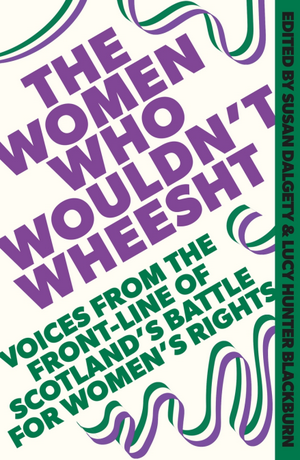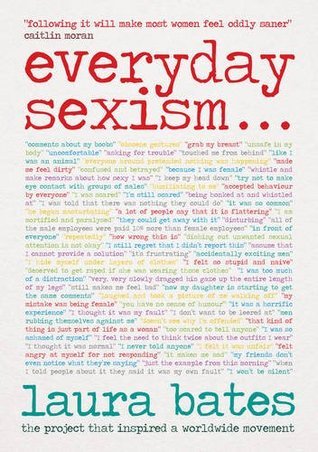
The Women Who Wouldn't Wheesht: Voices from the Front Line of Scotland's Battle for Women's Rights
Book Description
Voices rise like a crescendo in the heart of Scotland as fearless women recount their relentless fight for equality and justice. "The Women Who-Wouldn't-Wheesht" takes readers on a visceral journey through the streets of activism, illuminating the passion, pain, and triumph of those who refused to be silenced. Each story reveals a tapestry of resilience woven with personal sacrifices and powerful alliances, echoing across generations. As the battle for women's rights rages on, what sacrifices are necessary to ignite real change, and who will dare to raise their voice in the face of oppression?
Quick Book Summary
"The Women Who Wouldn't Wheesht" by Susan Dalgety is a compelling nonfiction collection amplifying the voices of Scottish women at the forefront of the struggle for gender equality. Through firsthand accounts, essays, and interviews, the book shines a light on the often overlooked yet pivotal moments and individuals shaping Scotland's feminist movement. With historical context woven into contemporary battles, Dalgety explores themes of resilience, sacrifice, and the power of collective action. The stories illustrate both personal and societal costs, interruptions to tradition, and the formation of powerful alliances. Ultimately, the book urges readers to recognize ongoing inequity and the crucial importance of persistence and solidarity in effecting real social change.
Summary of Key Ideas
Table of Contents
Intergenerational Activism and Resilience
Dalgety's narrative opens with portraits of contemporary women activists, set against the backdrop of Scotland’s rich history of feminist advocacy. These introductory stories highlight how the lessons and legacies from previous generations continue to inspire a new wave of campaigners. By tracing a lineage from early suffragettes to today’s protestors, the book demonstrates how resilience is fostered across generations. This intergenerational thread frames activism not as isolated bursts, but as a steady, sometimes exhausting, ongoing fight that requires renewing energy and perspective with each iteration.
Sacrifice and Personal Cost in Advocacy
Throughout the book, Dalgety reveals the immense sacrifices often required from women on the front lines. Personal accounts lay bare the toll such commitment can take—strains on family life, mental health challenges, professional repercussions, and even public vilification. The stories underscore that advocating for equality is rarely without cost. Yet, these sacrifices are not depicted as mere losses; instead, they are shown as acts of courage and conviction that have paved the way for incremental progress and kept the momentum alive.
Solidarity, Networks, and Alliances
A prominent theme is the crucial role of solidarity and alliances in propelling the movement forward. Dalgety documents how women build connective networks that span class, geography, and generation. Through mutual support, mentorship, and coordinated actions, Scottish women amplify their voices and strengthen their political influence. The book showcases how coalitions—whether formal organizations or informal support systems—serve as bulwarks against burnout and isolation, providing encouragement and strategic advantage.
Resistance Against Societal and Political Oppression
Dalgety delves into the systemic barriers activists confront, from entrenched patriarchal norms to hostile political structures. Through vivid examples, the book illustrates how these structures manifest both overtly and subtly, shaping the challenges women face. The women profiled do not only resist legislative sexism or explicit misogyny; they also grapple with societal indifference, media hostility, and attempts to silence their advocacy. Dalgety spotlights the strategies—ranging from protest to legal action—that women employ to make themselves heard despite these hurdles.
The Ongoing Struggle for Systemic Change
In the closing sections, the book emphasizes that the fight for women’s rights is far from over. Dalgety argues that while progress has been achieved, systemic change remains elusive and must be continually fought for. Drawing from the stories within, she asserts that sustained activism, revived by new ideas and younger participants, is essential. The narrative closes on a hopeful but realistic note, acknowledging the enduring nature of struggle but also the transformative power of collective, unwavering advocacy for justice.
Download This Summary
Get a free PDF of this summary instantly — no email required.





